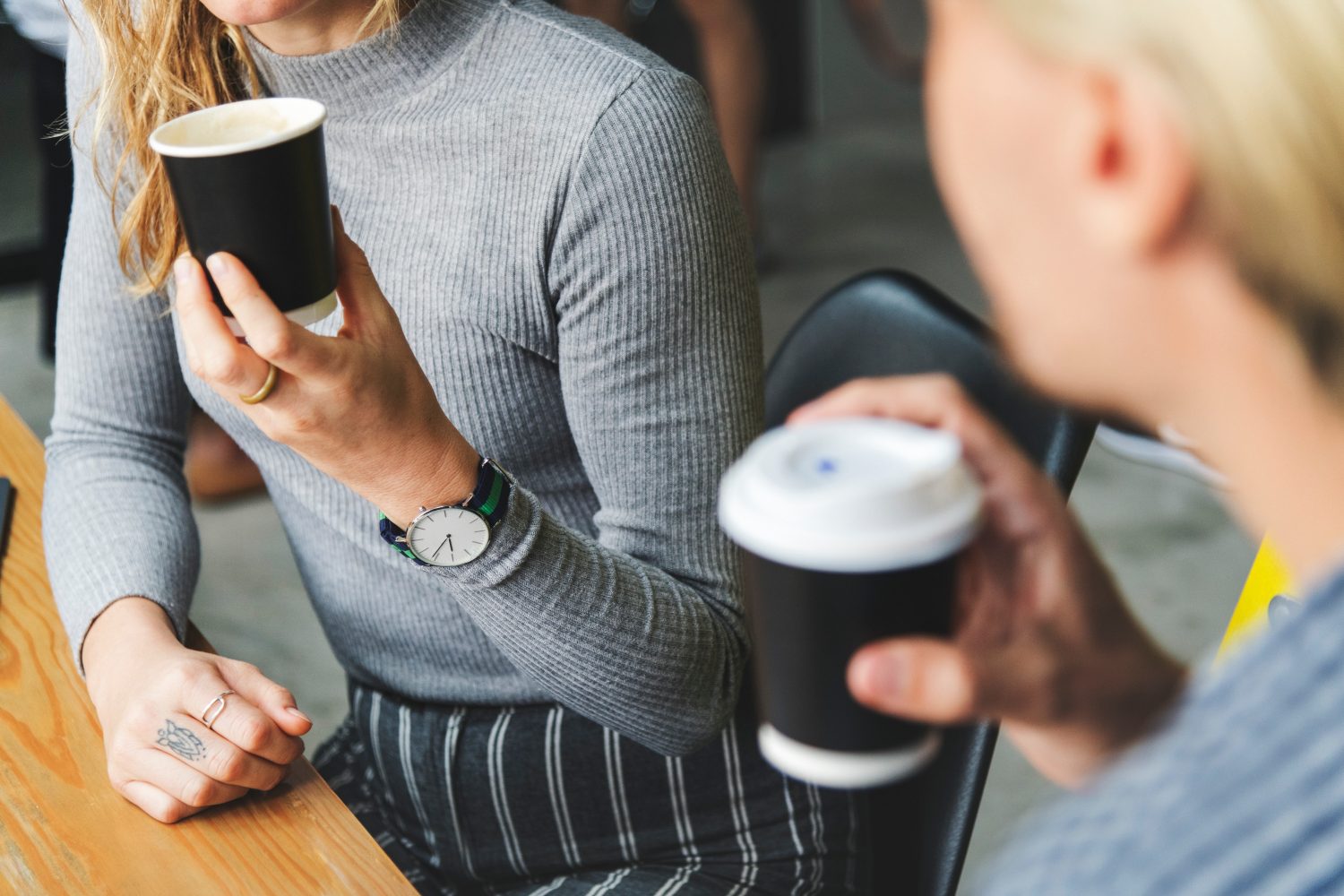
How to Manage Social Anxiety
If you often feel judged by others or anxious, you may be experiencing social anxiety.
Social anxiety is exhausting!!!
You’re always putting your best foot forward, which makes social events a “big effort”.
Your brain is on over-drive to impress others or assess whether you’ve offended someone.
Sometimes you may feel you haven’t said enough, or that you have said too much.
You may stumble over your words or babble, and criticise yourself for doing so.
Social events are uncomfortable, and you find yourself sweating, feeling thirsty and flushed.
What’s worse, is your anxiety is not over when an event is over. You feel anxious afterwards, and spend time ruminating over the minute detail of conversations. You may worry you have offended someone or that you came across as unlikable.
Just when your anxiety dies down, you start to feel anxious about the next social event; be it a work event, party, or gym session.
How to Manage Social Anxiety
While social anxiety can be debilitating, there are ways to manage social anxiety symptoms. Even better though… social anxiety treatment is super effective; that is, you can live a life without dreading every single social event.
Social Anxiety Treatment
Social anxiety treatment typically includes therapy with a psychologist. However, medication is sometimes used as an adjunct to therapy if social anxiety symptoms are moderate to severe. The mainstay therapy for treating social anxiety is CBT (Cognitive-behavioural Therapy).
CBT for Social Anxiety
CBT for social anxiety is based on the framework that your feelings (e.g. anxiety), thoughts (e.g. “they don’t like me”), and behaviours (e.g. avoid social situations), are all inter-connected. A CBT psychologist who treats social anxiety teaches strategies to reduce anxiety, whilst also addressing thoughts and behaviours that drive anxiety. You might like to read more here – CBT for Anxiety.
Tips for Managing Social Anxiety
#Tip 1. Reduce avoidance behaviours. Typically when you feel anxious about things, you tend to avoid them. If you feel anxious about a party, you may make a last minute excuse as to why you can’t attend. In this moment, you feel relief, and your night-in may be relaxing. However, by avoiding this party, you have not given yourself the opportunity to process your fear. In fact, by avoiding the party, your anxiety builds – read more on avoidance behaviours and how they worsen anxiety in blog post – Anxiety: What Makes it Worse?
#Tip 2. When you feel judged or fear you’ve offended someone, ask yourself “am I mind reading?” Often when you have social anxiety you assume other people’s thoughts, without any proof or actual way of knowing.
#Tip 3. Focus on the other person. When you suffer from social anxiety, your attention is focused on what you’re saying and doing. This raises your social anxiety. Therefore, it can be helpful to focus your attention on the other person – what are they saying? what are their mannerisms and quirks? do they say or do anything a little silly or left of centre?
#Tip 4. Learn a breathing exercise. Doing a breathing exercise is like “hitting pause” on anxiety. A breathing exercise will also prevent panic, which is caused by hyperventilation. In this blog post – Anxiety, help I’m drowning! – there is a step-by-step guideline for an easy breathing exercise.
#Tip 5. Ask yourself, “what is the worse that can happen?” When you worry about an upcoming social event, it can be helpful to reduce the pressure you’re placing on yourself to “be normal”, “be funny”, “be interesting”, ” don’t make a fool of myself”, etc, by simply just asking yourself “what’s the worst that can happen?”.
How can Peaceful Mind Psychology Help?
We are a team of warm and empathic psychologists based in Melbourne, who are experienced and trained in social anxiety treatment including use of CBT therapies among other types of evidence-based therapies. If you would like some professional assistance contact us at Peaceful Mind Psychology.
